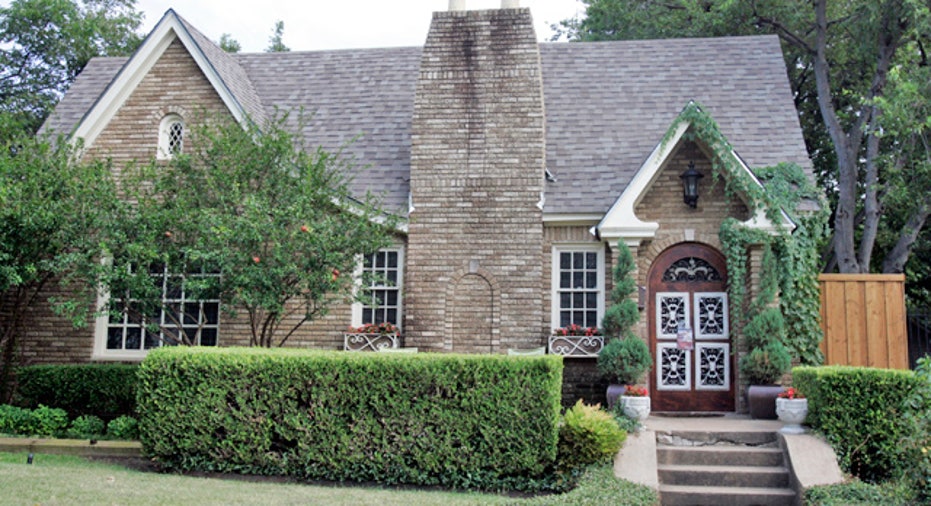Think Before You Sell Your Home

If your retirement planning includes selling your home and renting a place, keep these numbers in mind.
Home prices have risen monthly for the last six months, according to the Standard & Poor's/Case-Shiller Home Price indexes. While that could be good news as far as how much money you'll get if you sell your home, it hides another cost that could hit renters living in retirement hard.
The National Association of Realtors estimates that as housing prices rise, average rents also will increase nationally by 4.6% in 2013 and continue to grow by at least 4% per year in 2014 and 2015. Mortgage Partnership Finance, an organization of lenders, reports that annual apartment rent increases were above 5% this fall in Oakland, Calif.; New York City; Denver; Houston; Nashville, Tenn.; and Columbus, Ohio. Boomers and their millennial offspring find all of these cities appealing.
Before you put your home on the market, consider these factors.
Does the sale really put you in a better financial position? Will you be able to sell for enough to pay off your mortgage without foreclosure or short sale? If you can't, the sale will ruin your credit and potentially make renting -- and many other things -- even more expensive. It may be better to hang in there as the market improves. Will you walk away with money you can add to your nest egg? Escaping a mortgage, home maintenance and taxes can be a boon for retirees, but not if renting is more expensive than owning and the sale of your existing home doesn't help your situation. Will holding onto your home give you other options? That four-bedroom colonial may look like an anchor now, but down the road, it may present an opportunity as a place to share with friends and family who don't have this comfortable asset. With increasingly sophisticated technology for remote medical treatment and caregiving, your home could be the best long-term care plan.



















